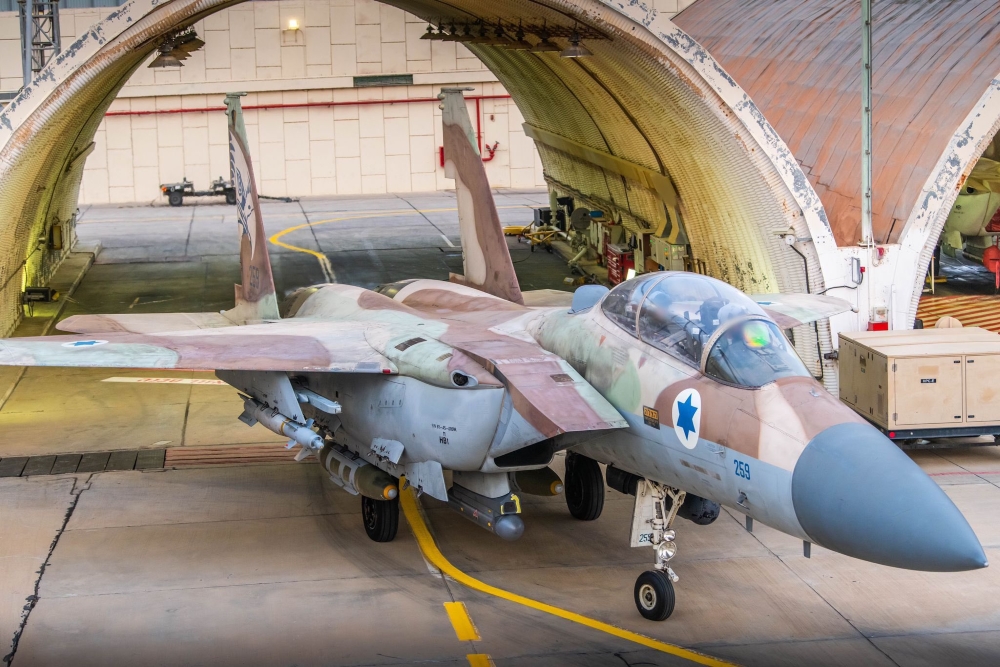
On Saturday morning, the IDF (Israel Defence Forces) officially announced the elimination of Hassan Nasrallah, as well as of Ali Karaki, Commander of operations in the Southern Front and member of the Hezbollah Jihad Council. On Saturday afternoon, Hezbollah itself confirmed the news.
The Israeli Air Force's F-15I RA'AMs pulverised Hezbollah's headquarters in the Danieh, the southern Beirut suburb and historic stronghold of the Party of God, blasting a dozen of buildings. After the strike, the IDF continued attacks against targets deemed strategic. At least 40 strikes are known, probably against command nodes, large warehouses, workshops, etc. in the Lebanese capital, warning the inhabitants of some neighbourhoods to evacuate.
In practice, Israel, in the last two weeks, has dealt the final blow to its historic enemy. The command and control of the Party of God has been wiped out, its military infrastructure and logistics heavily disarticulated, a few thousand fighters killed.
Many times in history, great crises and shocks have also generated great opportunities. This was also the case on 7 October 2023 with the strategic surprise of Hamas.
From that tragedy, the Jewish State saw a great opportunity, that of changing the geopolitics of the region. Israeli action has been based on 2 pillars: restoring its own security and leveraging on the new relationships, based on economic and commercial interests, created with some Arab countries (Morocco, Bahrain, UAE) within the framework of the Abraham Accords.
It is no coincidence that the operation that led to Nasrallah's elimination was given the name NEW ORDER. A new order, in fact, where there can be no place, to Israel, for the so-called Axis of Resistance led by Ayatollahs' Iran. And so Israel has decided to gradually escalate, extending the scope and scale of its military strategy and effectively putting Tehran against the wall.
Hamas has been substantially destroyed, Hezbollah has seen its political-military hierarchy wiped out and a good part of its logistical and military infrastructure dismantled. Even the Houthis are under attack, as yesterday's major attack (29 September 2024) demonstrated.
Tehran is seeing the regional network of proxies put in place over the past 20 years fall apart piece by piece. Iran is now aware that any reaction will be followed by the Israeli response, whhich could be disproportionate or totally unpredictable. At the same time, sitting on the fence means loosing credibility and regional influence. The dilemma on whether to respond or to wait is probably tearing deep into the complicated power system of the Islamic Republic and this could open up further inviting prospects for Israel.








